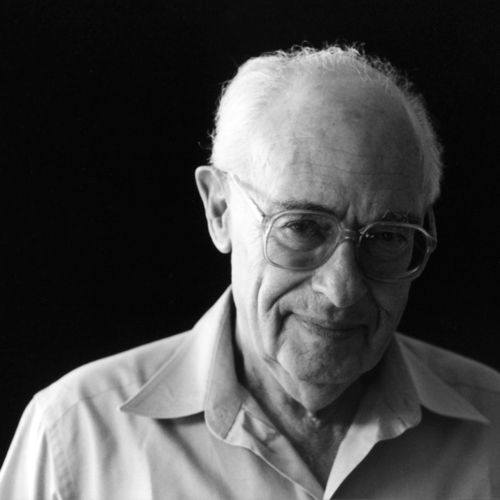 “A single human being has no reality; the existence of ‘man’ begins with the word that floats between I and you. The Logos connects human beings through the Word; all else is temptation or a temporary connection.” — Georg Kühlewind
“A single human being has no reality; the existence of ‘man’ begins with the word that floats between I and you. The Logos connects human beings through the Word; all else is temptation or a temporary connection.” — Georg Kühlewind
“To become aware of the Logos is to become aware of the Logos in oneself.... The world speaks. Before all else, it utters speaking itself. Or does speaking utter the world.” So begin the first two chapters of this inspired, existential meditation on the contemporary meaning of the message of St. John: “In the beginning was the Word.”









